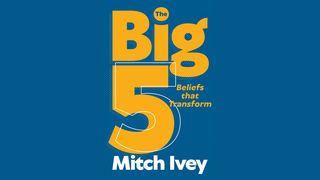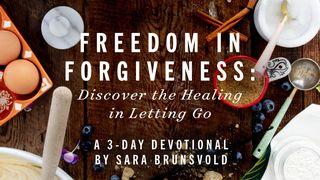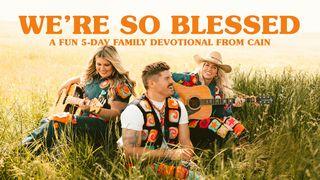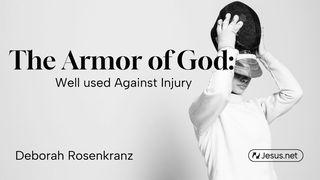Discipleship Against FearSample

While it is important for us to address our own fears, we would do well to remember the fears of others. The social status one occupies within the world is correlated with the degree and sort of fear one feels. A more vulnerable social status is associated with greater fear. Fear is not only psychological but social. At worst, the fear stemming from vulnerability is paralyzing and keeps people from the day-to-day activities that might help them contribute and flourish as part of God’s creation. At best, such fear is something that must be overcome. If we are to follow the example of Jesus, we must consider how we might comfort those whose social status is likely to cultivate fear.
Jesus often engaged with those who had been marginalized and were vulnerable within society. He healed lepers (Lk 17:11-19), freed people from demon possession (Mk 5:1-13; Lk 8:26-39), gave sight to the blind (Matt 9:27-31) and healed the woman with an issue of blood (Matt 9:20-22; Mk 5:25-34; Lk 8:43-48). All of these people (and more) had been ostracized and existed on the fringes of society.
Beyond the example of Jesus, we find an emphasis on caring for those who need assistance throughout the New Testament (Rom 15:26; Gal 2:10; 1 Jn 3:17). Caring for others is not optional for those who follow Christ. As James says, “Religion that is pure and undefiled before God the Father is this: to visit orphans and widows in their affliction and to keep oneself unstained from the world” (Jam 1:27). This “pure and undefiled” religion has two parts: remaining unstained from the world and visiting orphans and widows in their affliction.
As we consider the connection between fear and social standing, we may recognize the significance of James’ inclusion of visiting widows and orphans in their affliction in the definition of true religion. Rather than limiting us to showing care for widows and orphans, James is pointing us to an active concern for all who are vulnerable. In doing so, we offer them the sense of security that comes as God’s people imitate their Savior by helping those in need. As Christians, we can help people overcome their fears by offering them a place within a community whose security does not depend on our material state of affairs but on the Lord.
We'd love to offer you an expanded version of this Bible plan with additional articles and actionable steps to become one who fears the Lord. Download it here.
About this Plan

Discipleship works against fear. As we obey God’s commands, we entrust ourselves to him. Like the students attending the schools founded by D. L. Moody in Northfield, MA, God’s people “are encouraged to test the meaning and value of the Bible’s teachings experimentally, by acting upon them, and living them out.” As we “test experimentally” the word of God, we will find that we will have fewer and fewer reasons to be afraid. You can get an expanded version of this plan at moodycenter.org/fear.
More
We would like to thank D. L. Moody Center for providing this plan. For more information, please visit: https://www.moodycenter.org/
Related Plans

The Big 5

The Way of the Cross

Freedom in Forgiveness: Discover the Healing in Letting Go by Sara Brunsvold

We're So Blessed: A Fun 5-Day Family Devotional From CAIN

Chosen and Complete: Embracing God's Plan Beyond Marriage

The Armor of God: Well Used Against Injury

3-Day Bible Plan: How to Truly Love Thy Neighbor in Today’s World

3-Day Bible Quest: Level 2: Love Unlocked – Powering Up Through Jesus

Bold Faith, Mighty Works: Walking in the Spirit’s Power
